Date: 29 June 2009
The state's air regulators today will consider a requirement for auto manufacturers to include sun-reflecting glass on all vehicles sold within the state. The idea is to keep the cars, pickup trucks and sport utility vehicles they sell in California cooler during hot weather, reducing the amount of air conditioning their drivers and passengers need.In turn, that will improve fuel efficiency and reduce greenhouse gas emissions.
"The end result of it is the customer gets a car that's more comfortable to ride in, air conditioners don't have to work as hard and the atmosphere will be happier because we won't be emitting as much carbon dioxide," said Mary Nichols, chairwoman of the California Air Resources Board.
Despite its financial troubles, the auto industry did not object to any potential cost of implementing the regulation but said it needed more time. It also petitioned the board to allow carmakers to consider exempting more fuel-efficient cars.
If regulators adopt the standard, three-quarters of passenger vehicles sold in California must have specially coated windshields that block 50 percent of the sun's heat from entering a parked car, beginning with the 2012 model year. All vehicles must have those windshields a year later.
The windows would cool a sedan's interior by an estimated 14 degrees Fahrenheit or 12 degrees for a pickup or SUV. The standard would be even higher in 2014. Some glass manufacturers told regulators they might not be able to meet that deadline.
The Alliance of Automobile Manufacturers and the Association of International Automobile Manufacturers also asked for more time to meet the standards. They raised concerns that reflective glass can interfere with cell phones signals, GPS navigation systems and electronic passes for toll roads.
In a joint written response to the air board, the groups did not indicate that financial troubles of the American auto companies would hinder the industry's ability to comply.
Drivers that replace windows in older cars also would have to meet the new standards.
The window mandate is among dozens of strategies pursued by the board in its effort to reduce California's greenhouse gas emissions to 1990 levels by 2020, the goal set by the state's 2006 global warming law.
California has been a leader for decades in setting auto standards. It was the first state to require the use of catalytic converters in 1975 as a way to reduce smog. A 2002 state law intended to force cleaner auto emissions was the reason the Obama administration implemented greater fuel-efficiency standards earlier this year.
A proposal to require so-called "cool paints" was removed from the regulation under consideration Thursday after the auto industry complained it might have to stop selling black cars in California.
The technology used by glass manufacturers to make more reflective car windows has been around for nearly 20 years, said Mukesh Rustagi, director of strategic product management at Pittsburgh Glass Works, the largest automotive glass supplier in North America.
General Motors Corp. has installed the windows in several of its minivans, including the Oldsmobile Silhouette and the Chevrolet Lumina. Both BMW and Mercedes use the windows in several of their cars, Rustagi said.
A metallic coating that blocks infrared rays is applied to glass before a window is laminated and is invisible to the naked eye. Adding reflective windows would raise the cost of a new car by about $111.
Nichols, the air board chairwoman, said drivers eventually would save money because they wouldn't use the air conditioning as much. An air conditioner can increase the fuel consumption of a vehicle by more than 20 percent, according to the board.

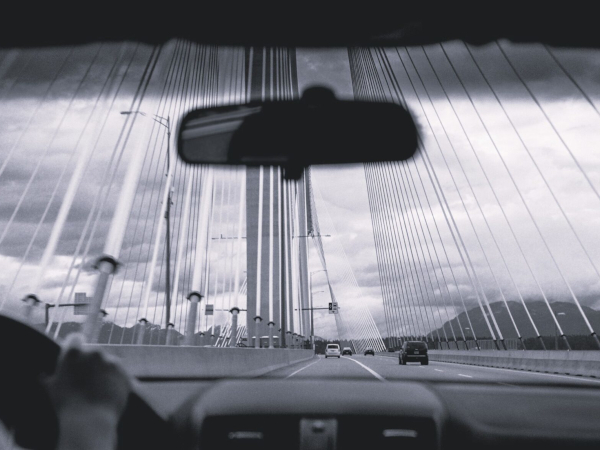
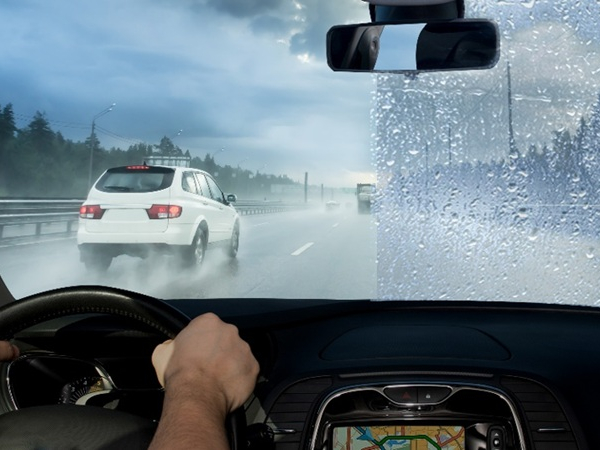
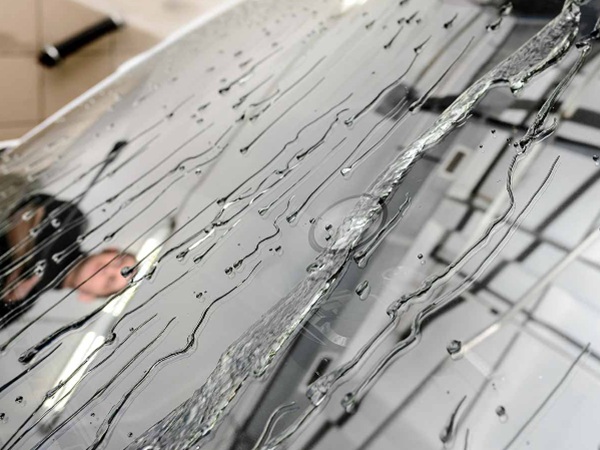
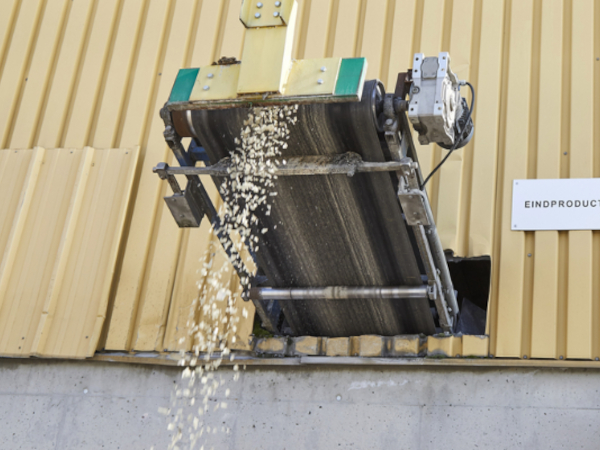








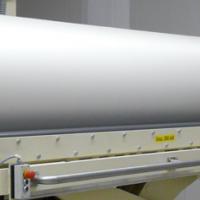
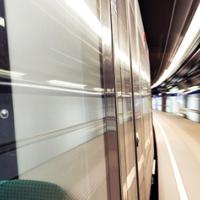
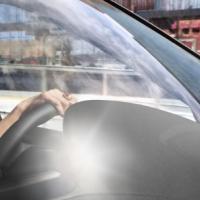
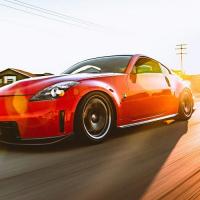

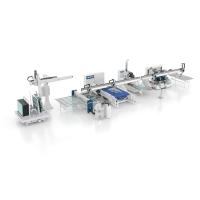
Add new comment